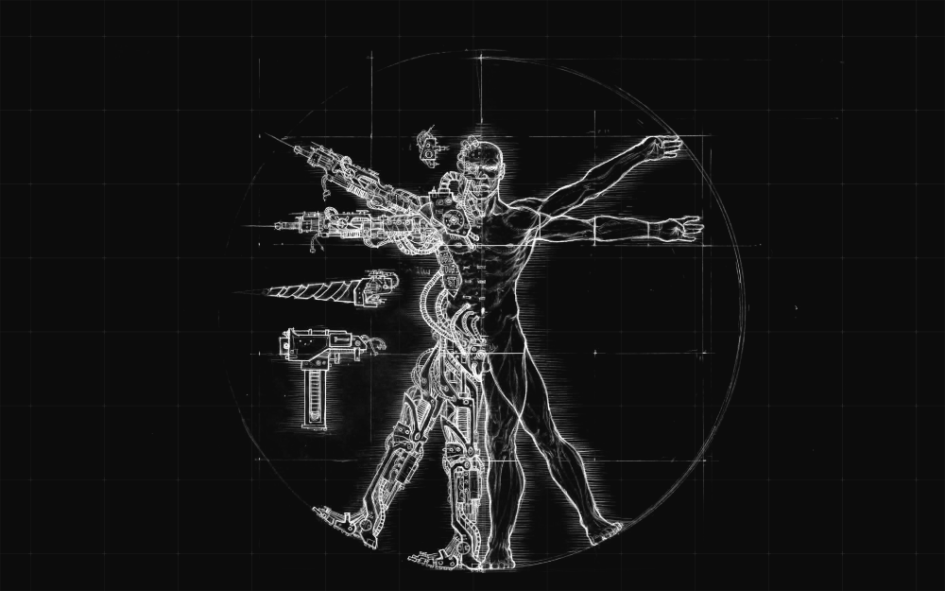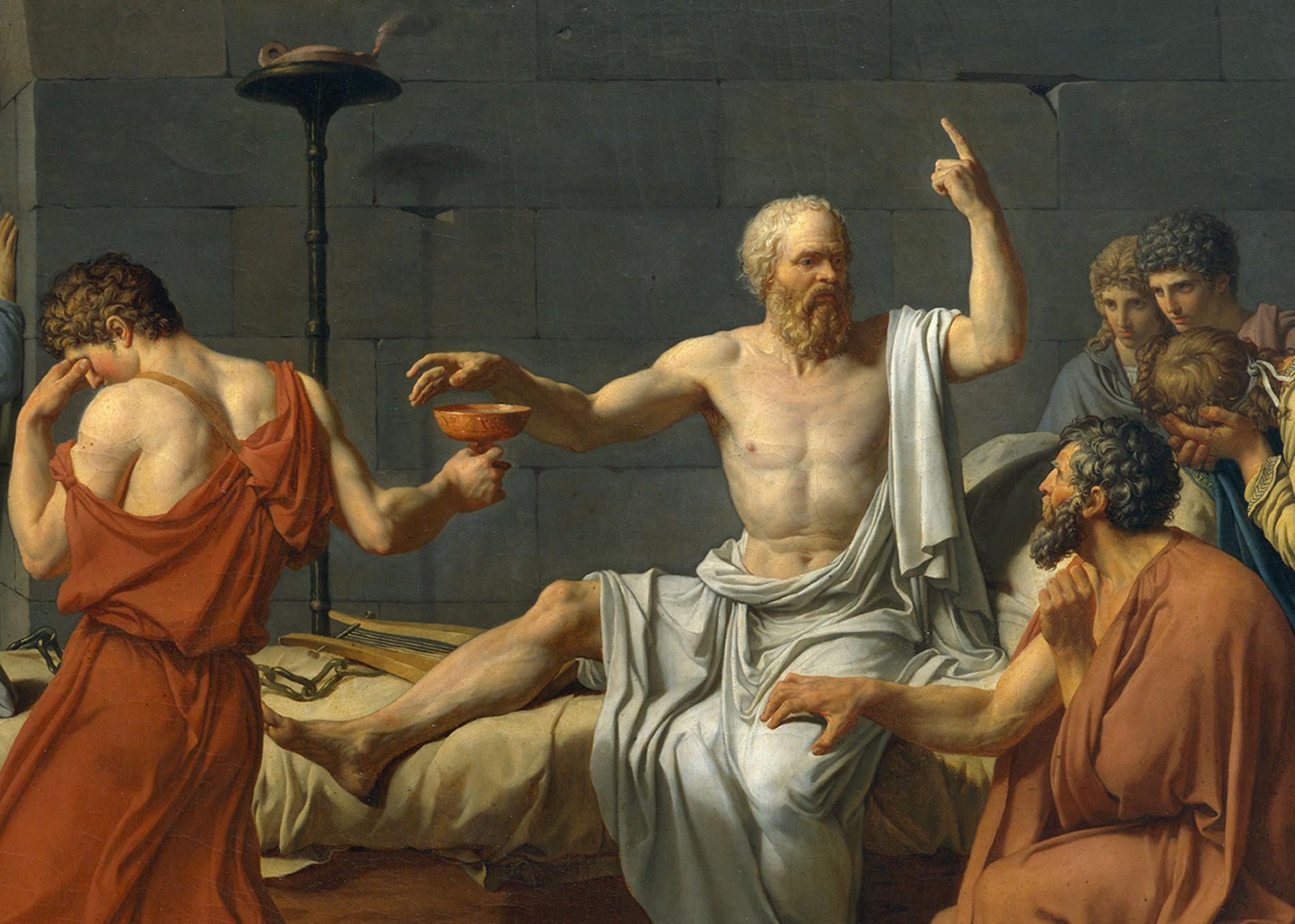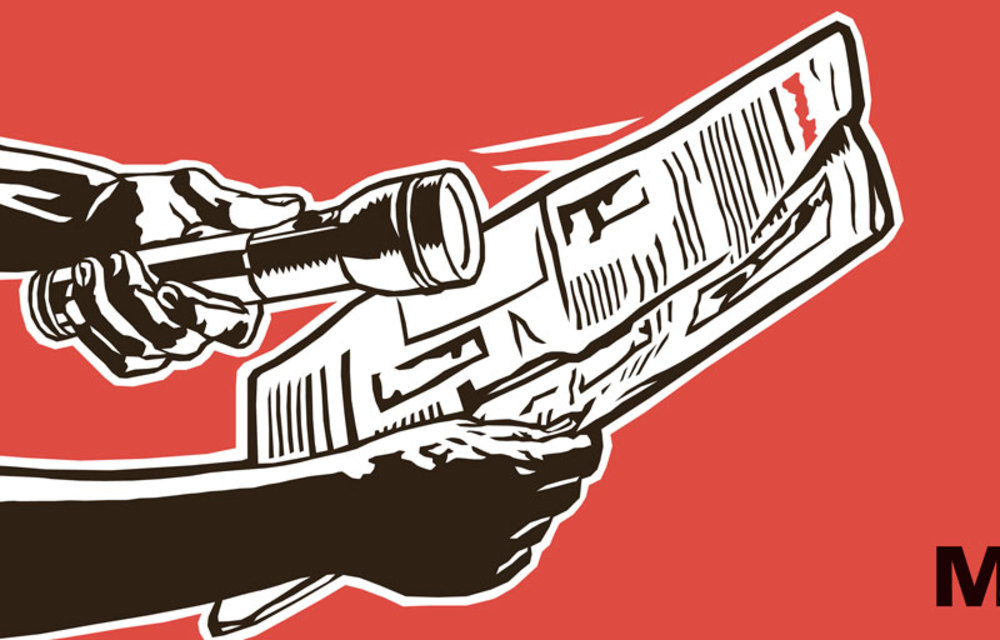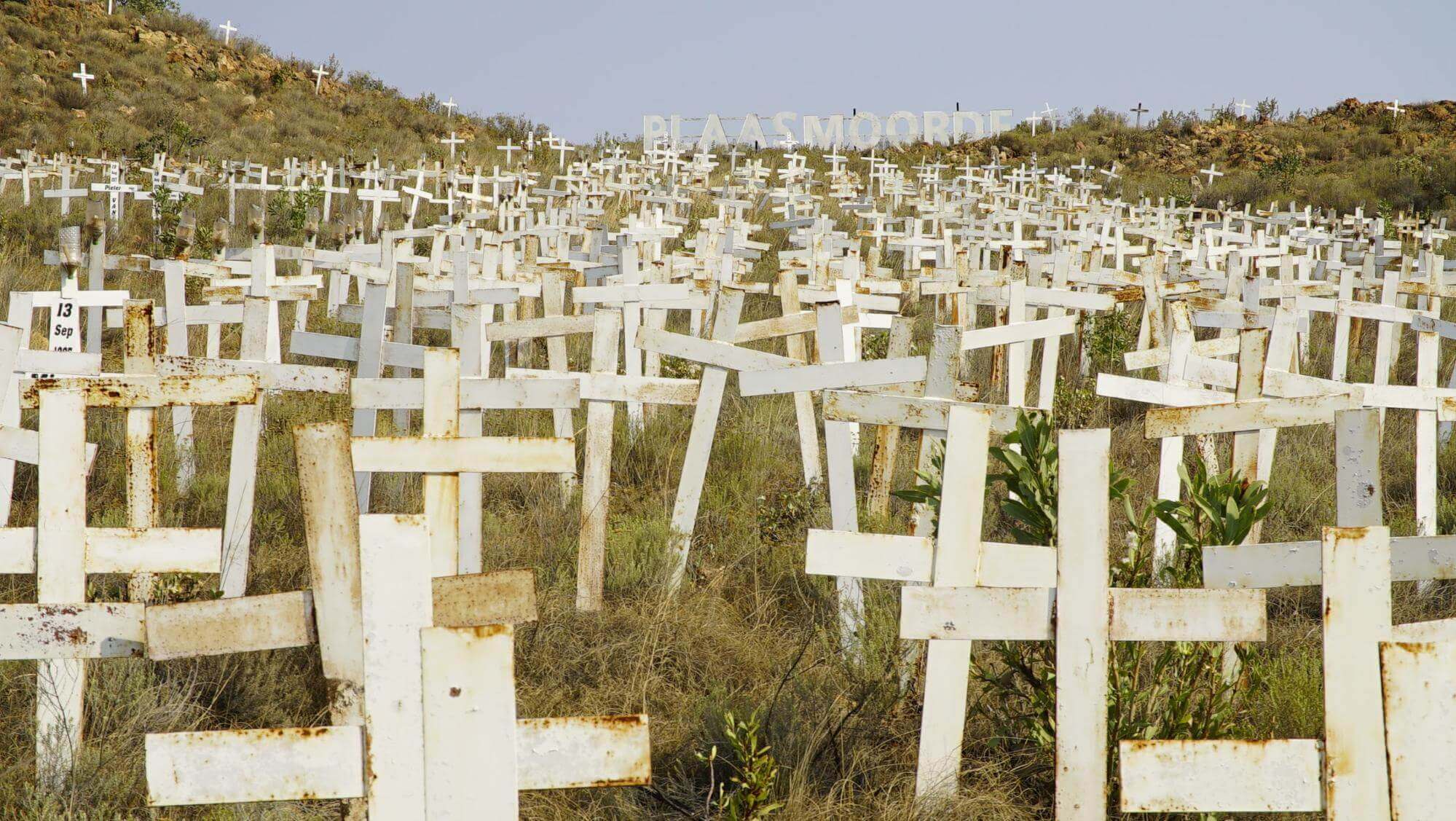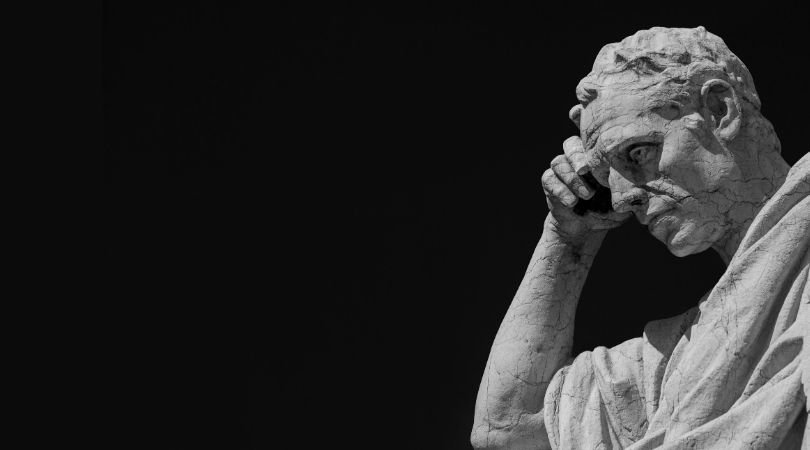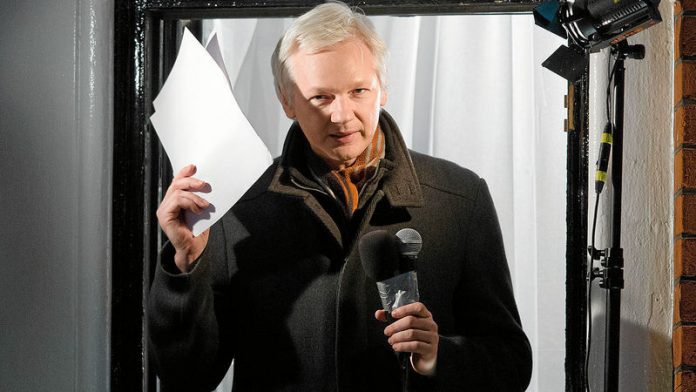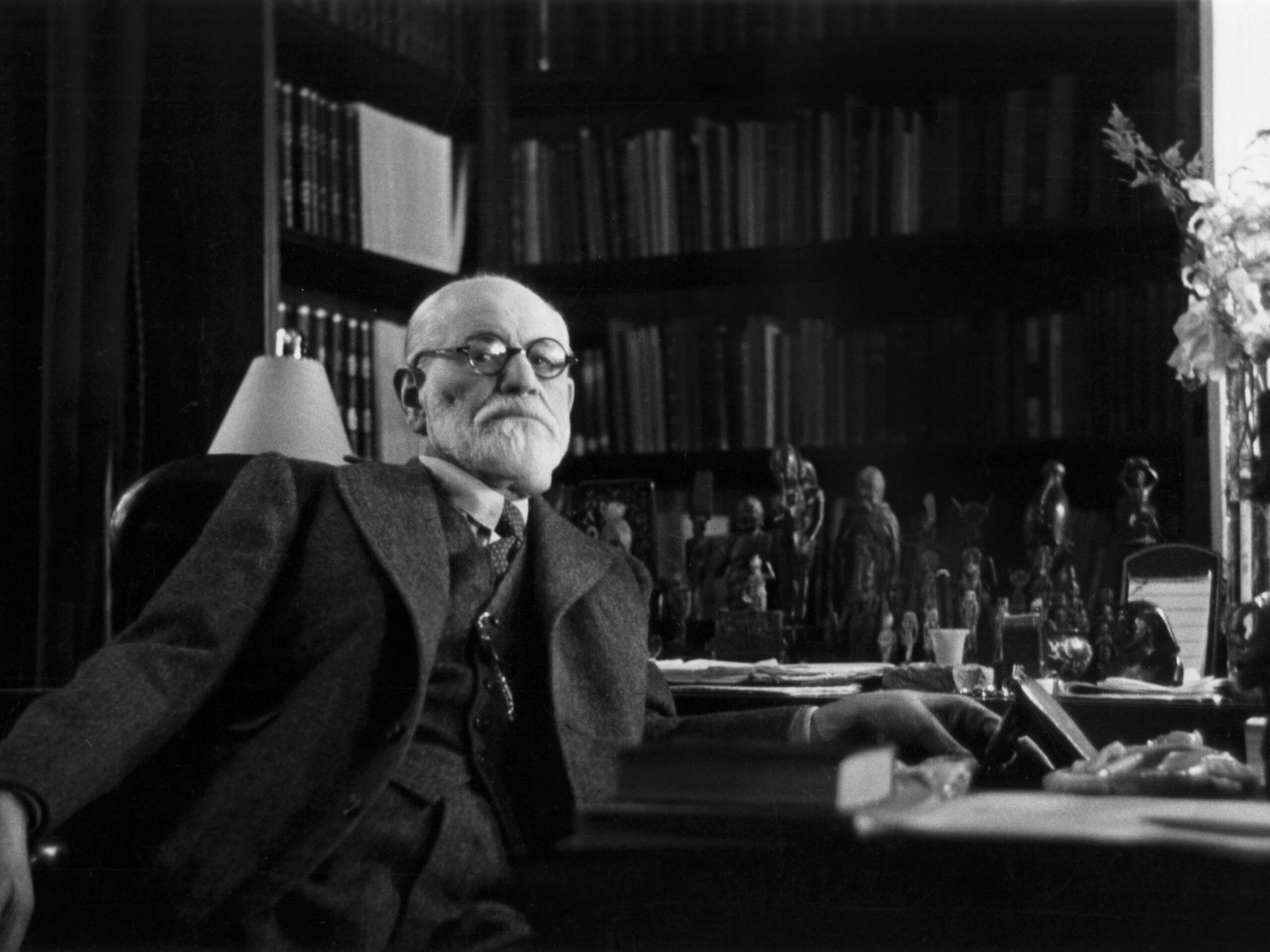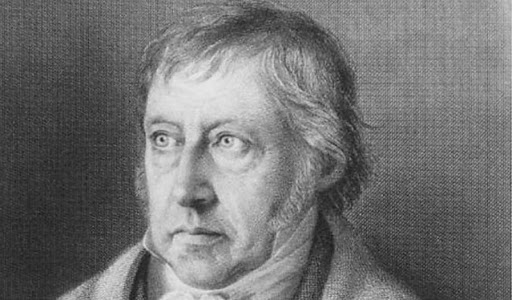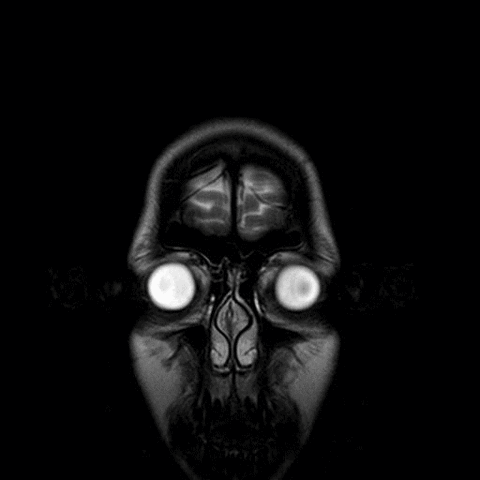Our ‘natural’ origin and technocratic destiny can be explored in Dan Brown’s Origin
Bert Olivier
As an undergraduate student, Bert Olivier discovered Philosophy more or less by accident, but has never regretted it. Because Bert knew very little, Philosophy turned out to be right up his alley, as it were, because of Socrates's teaching, that the only thing we know with certainty, is how little we know. Armed with this 'docta ignorantia', Bert set out to teach students the value of questioning, and even found out that one could write cogently about it, which he did during the 1980s and '90s on a variety of subjects, including an opposition to apartheid. In addition to Philosophy, he has been teaching and writing on his other great loves, namely, nature, culture, the arts, architecture and literature. In the face of the many irrational actions on the part of people, and wanting to understand these, later on he branched out into Psychoanalysis and Social Theory as well, and because Philosophy cultivates in one a strong sense of justice, he has more recently been harnessing what little knowledge he has in intellectual opposition to the injustices brought about by the dominant economic system today, to wit, neoliberal capitalism. His motto is taken from Immanuel Kant's work: 'Sapere aude!' ('Dare to think for yourself!') In 2012 Nelson Mandela Metropolitan University conferred a Distinguished Professorship on him. Bert is attached to the University of the Free State as Honorary Professor of Philosophy.
Revisiting an old favourite in the new Star Trek: Discovery
Viewers will find in the series an exemplar of the exploration of forms of otherness most people have never dreamed of, as well as of divergent ways to act in unison
Socrates and philosophy: Not honouring the gods of the city
Conflicting messages about the pandemic beg us to go the way of philosophers and examine every claim to validity or truth, particularly with regard to evidence.
Us paradoxical humans: Embrace it at a time of possible mass deception
Even if most of the time we toe the conventional line there are some circumstances, such as during a so-called pandemic, when we must say, thus far but no further
‘Problematising’ farm murders: Why does torture feature in so many cases?
On average 58 people are killed each day in South Africa, a horrendous statistic — but numbers gloss over the qualitative aspects of each homicide — and psychotherapy is needed to address the hidden motives
Does philosophy have a role in society?
Philosophers have a different take on current affairs and pose their own problems. They point out the distance between truth and power. Then it is up to us to choose
Julian Assange, defender of our freedoms, is facing colossal injustice
Should he be extradited to the United States by Britain and sentenced as expected, it will be a blow to all citizens in constitutional democracies
Freud’s work on group behaviour sheds light on South African dynamics
According to Sigmund Freud, group identification and a sense of justice can preclude divisions based on envy. Worryingly, South Africa is lacking in these core elements
Celebrating art 250 years after Hegel’s birth
Why a German philosopher’s thoughts on art and the idea have proved to be of great historical significance
Censorship is on the horizon if we don’t object
The increasingly undemocratic actions of the ANC must be exposed before we become a totalitarian state.
A literary slip into Freudian thinking
Jed Rubenfeld manages to superbly blend fact and fiction to present some of the famous psychoanalyst’s findings in a thrilling narrative
None of us has a fixed identity
The actual character of reality as a process eludes most people because we are indoctrinated from a young age

